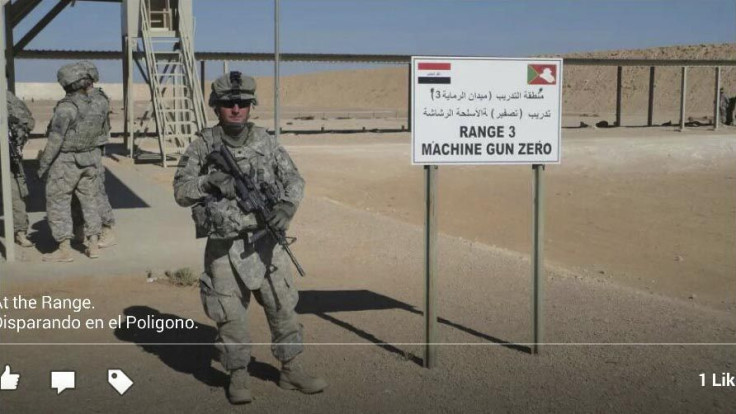Iraqi Military Uncovers 50,000 Fake Soldiers On Payroll; Abadi Vows To Fight Corruption

Iraqi Prime Minister Haider al-Abadi revealed Sunday the existence of 50,000 fictitious names on the military rolls, indicating efforts by the U.S. to help rid the security forces of financial corruption during the Iraq War failed. Iraq uncovered 50,000 "ghost soldiers" on the military payroll, Abadi said Sunday, according to Al Jazeera.
In his statement, Abadi promised to crack down on corruption in the military. A parliamentary statement said the 50,000 fictitious jobs, which is equivalent to several army divisions in Iraq, had been cut. Rafid Jaboori, Abadi's spokesman, said a thorough headcount of soldiers during the last payroll period revealed the discrepancy, which led to the identification of the fictitious names.
It was unclear from the statement who had collected money. A security officer told AFP there are two kinds of soldiers crowding the payroll. "The first kind: Each officer is allowed, for example, five guards. He'll keep two, send three home and pocket their salaries or an agreed percentage," Jaboori told AFP. "The second and bigger group is at the brigade level. A brigade commander usually has 30, 40 or more soldiers who stay at home or don't exist."
After Abadi took office in September he sacked several military commanders in an attempt to reorganize the military to make it stronger. In the past several months the U.S. has spent billions of dollars training and equipping the Iraqi military to fight the Islamic State group, also known as ISIS or ISIL. The U.S. has been acting in an advisory role, helping to strategize the fight on the ground and working to avoid a repeat of the events in June that allowed ISIS to seize territory.
In the beginning of June ISIS infiltrated the northern town of Mosul but did not have to put up much of a fight -- Iraqi soldiers fled. At that time, many of the soldiers, especially those working in the northern part of the country, were dissatisfied with the way former Prime Minister Nouri al-Maliki, a Shiite, commanded the military.
Several forces fighting with the Peshmurga, the Kurdish army in the North, had previously fought in the Iraqi military under Maliki but told the International Business Times they defected because of financial corruption in the military. They said Maliki favored Shiites, allowing them to take key leadership positions. Some said even after the U.S. training during and after the Iraq War, Iraqi soldiers still stole money by crowding the payroll.
© Copyright IBTimes 2024. All rights reserved.





















